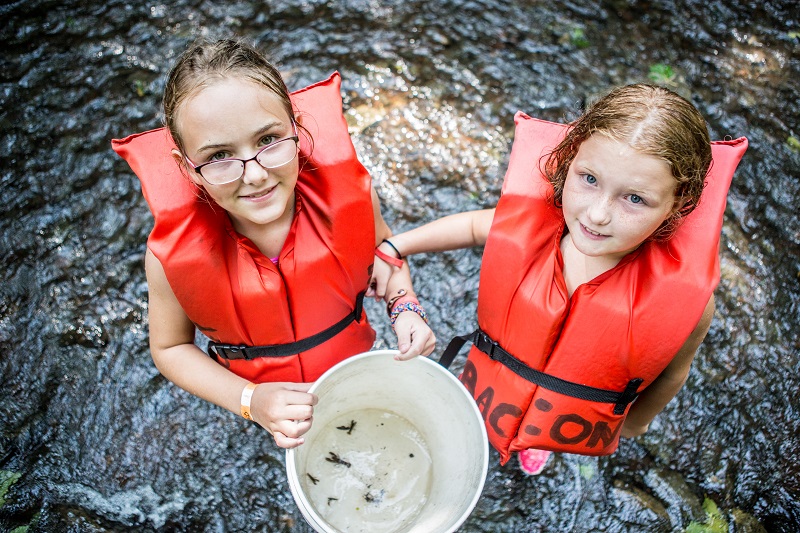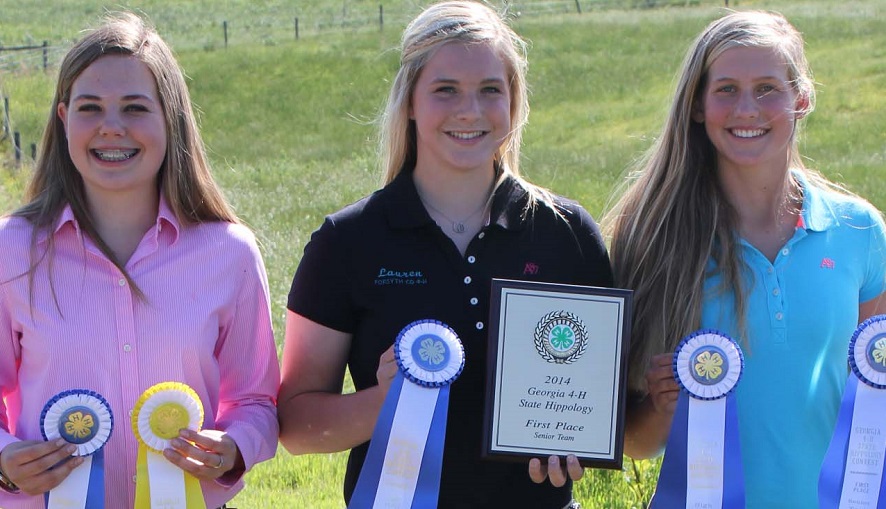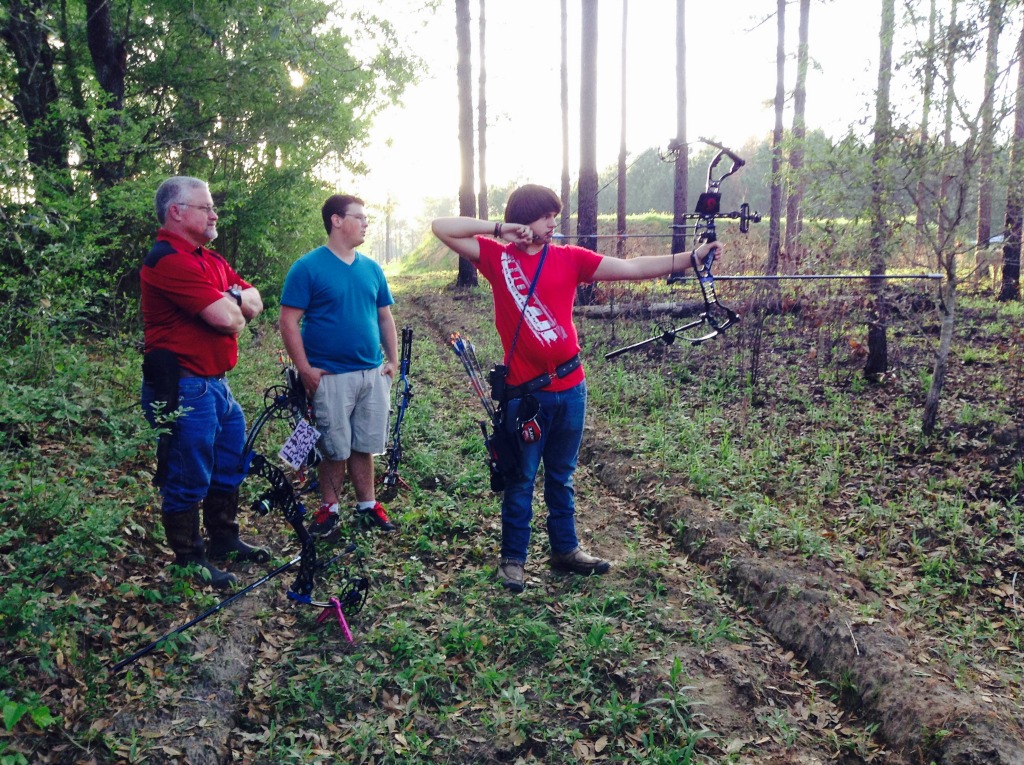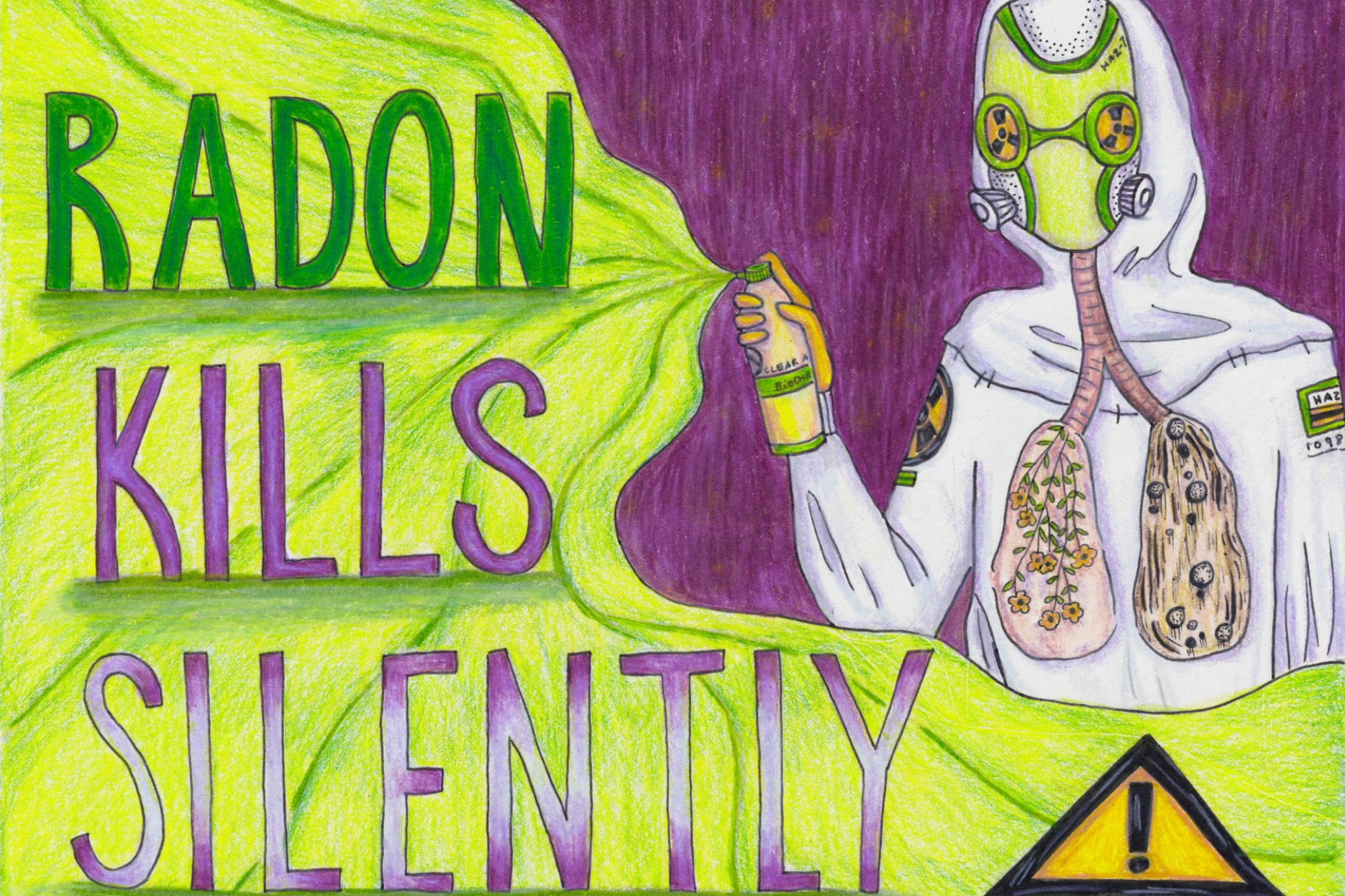Home
RANDOLPH COUNTY

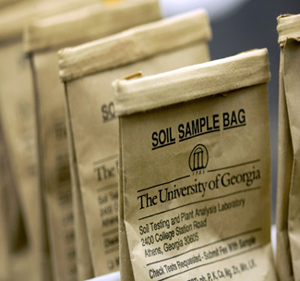
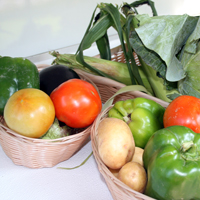
Georgians get their money's worth from UGA Extension. Every dollar invested in us saves taxpayers' dollars in the long run and returns $3 for every $1 invested in Georgia counties. Through the cooperative funding of federal, state and county governments, Extension agents are in almost every county in Georgia.
Most counties have a combination of agents who specialize in agriculture and natural resources, youth development and family and consumer sciences. Agents complete specialized training to help them meet the needs of the communities they serve. Some specialize in horticulture; others, in row crop or livestock production. Some agents work to help families deal with rural development issues or raise healthy children in urban settings.
If you'd like to learn about building a safer environment for your children or protecting the environment we all share, avoiding chronic diseases like diabetes with healthy food or training food handlers in your cafeteria, the University of Georgia Extension is the place to start.
Below are some of 4-H's most broadly useful resources from the Georgia 4-H website. Please contact us for more information about participating in any of these programs through this county office.
